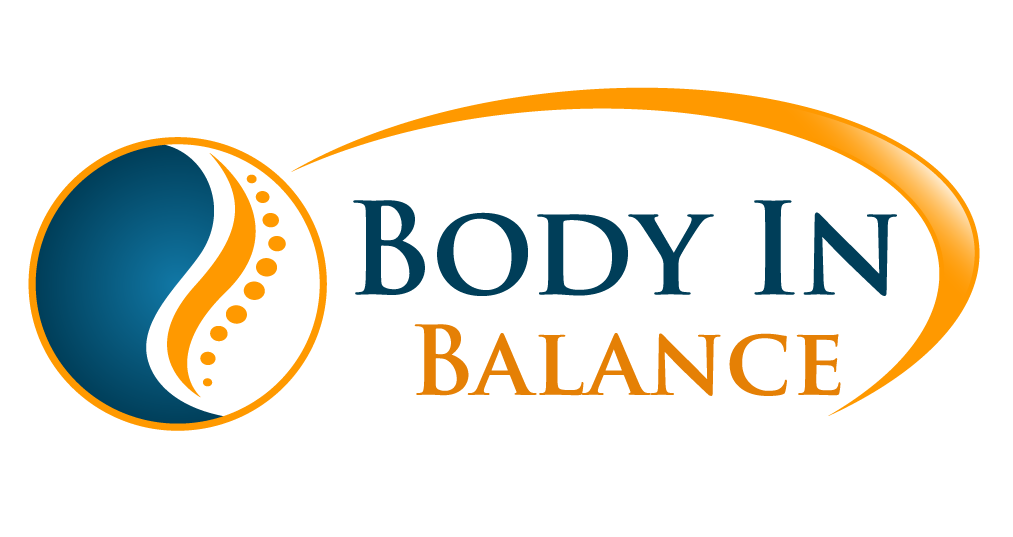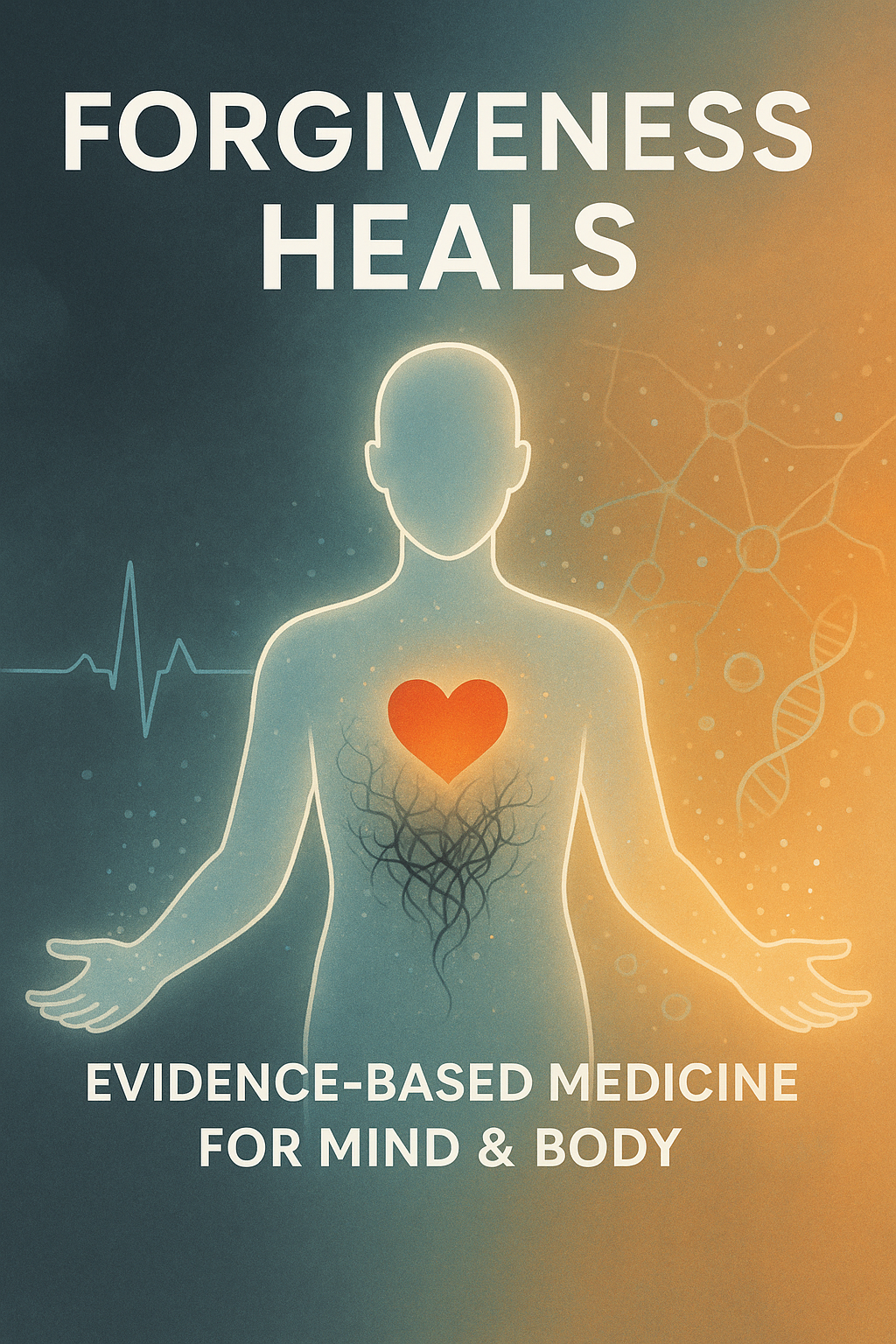These are my notes from a private webinar I watched full of the science of how powerfull forgiveness is.
Forgiveness is just one of 24 charcater stregths identified by modern positive psychology.
If you’d like to know more abotu them all after reading this post then head on over here: https://heroic.gr8.com/
Forgiveness as an Evidence-Based Intervention
- Forgiveness is framed as a powerful intervention for physical and mental well-being.
- Forgiveness is overlooked in functional and nutritional medicine.
- Forgiveness provides significant benefits, rivaling supplements, dietary changes, and functional tests.
- Historical and cultural context: Forgiveness has been integral to religious and social structures worldwide.
Scientific Evidence on Forgiveness
Mental Health Benefits
- Depression & Anxiety Reduction
- Forgiveness therapy reduces symptoms of depression, anxiety, and PTSD.
- A meta-analysis found that forgiveness interventions improve life satisfaction and psychological well-being.
- Victims of spousal abuse and incest survivors experienced significant improvements through forgiveness interventions.
- Reduces hostility, aggression, and resentment, improving emotional resilience.
- Emotional Regulation & Cognitive Well-being
- Forgiveness leads to lower anger, hostility, and aggression.
- Improved self-esteem, autonomy, and personal growth.
- Associated with less rumination, a major predictor of anxiety and depression.
- Enhances problem-solving skills and reduces stress reactivity.
Physiological Benefits
- Cardiovascular Health
- Trait forgiveness is linked to lower blood pressure and improved heart rate variability.
- Studies show forgiveness interventions reduced anger-induced myocardial ischemia in coronary artery disease patients.
- Reduced diastolic blood pressure and better blood pressure recovery from stress.
- Associated with lower heart rate reactivity, reducing cardiovascular strain.
- Immune System and Inflammation
- Forgiveness correlated with lower white blood cell count (suggesting reduced inflammation).
- Balanced immune response (T-helper/cytotoxic T-cell ratio was more regulated).
- Higher natural killer cell activity, improving immune function.
- May reduce autoimmune-related inflammation through stress modulation.
- Stress and Cortisol Levels
- Lower cortisol levels in individuals with high trait forgiveness.
- Chronic unforgiveness linked to increased sympathetic nervous system activation, leading to prolonged stress responses.
- Reduces HPA axis overactivation, improving stress resilience.
- Chronic Pain & Sleep Quality
- People with low forgiveness levels report higher pain intensity and lower pain tolerance.
- Neurological studies suggest forgiveness reduces anticipatory pain responses.
- Individuals with high forgiveness scores experience better sleep quality and duration.
- Reduced nighttime rumination leads to fewer sleep disturbances.
Types of Forgiveness
- Decisional Forgiveness
- A conscious choice to forgive but negative emotions may persist.
- Helps reduce outward hostility but may not eliminate internal resentment.
- Emotional Forgiveness
- Involves a deep emotional transformation, replacing negative emotions with compassion and empathy.
- Stronger link to health improvements (reduced stress, lower cortisol, and better cardiovascular health).
- More difficult but yields long-term mental health benefits.
- Dispositional Forgiveness
- A personality trait where an individual tends to forgive easily.
- High dispositional forgiveness linked to lower stress, anxiety, and depression.
- Associated with better emotional intelligence and resilient social relationships.
- Reduced Unforgiveness
- Not full forgiveness but letting go of the desire for revenge.
- Can be achieved through justice, amends, or moving on.
- Recognizing and working through unforgiveness can prevent long-term emotional and physical harm.
Neurological Mechanisms of Forgiveness
- Amygdala: Activation of fear and anger circuits when recalling past harm.
- Dorsolateral Prefrontal Cortex: Engaged in cognitive reappraisal (similar to CBT).
- Anterior Cingulate Cortex & Medial Prefrontal Cortex: Enhance empathy and emotional regulation.
- Ventral Striatum: Reward system—suggests forgiveness can become a trained rewarding behavior.
- Frontal Cortex: Suppresses amygdala fear response, leading to emotional relief.
Forgiveness Assessment Tools & Models
- Heartland Forgiveness Scale – Measures general tendencies toward forgiveness.
- Transgression-Related Interpersonal Motivations (TRIM) Scale – Measures attitudes towards a specific transgressor.
- Enright Forgiveness Inventory – More in-depth assessment of forgiveness.
- Forgiveness Therapy Models: Enright Process Model, Worthington REACH Model, Decision-Based Forgiveness Model.
Final Takeaways
- Forgiveness is a scientifically supported intervention with profound mental and physical health benefits.
- It surpasses many traditional health interventions (diets, supplements, functional tests) in terms of its impact.
- Healthcare practitioners should incorporate awareness of forgiveness into their practice while ensuring appropriate referrals.
- Personal reflection is key – Understanding one’s own forgiveness tendencies can improve overall well-being.
- Practicing forgiveness can lead to lower stress, better emotional regulation, and improved overall health outcomes.
Conclusion: Forgiveness is not just a moral or religious ideal; it is an evidence-based intervention with the power to transform mental and physical health. Recognizing its role in personal healing and clinical practice can help individuals and patients achieve greater well-being.



